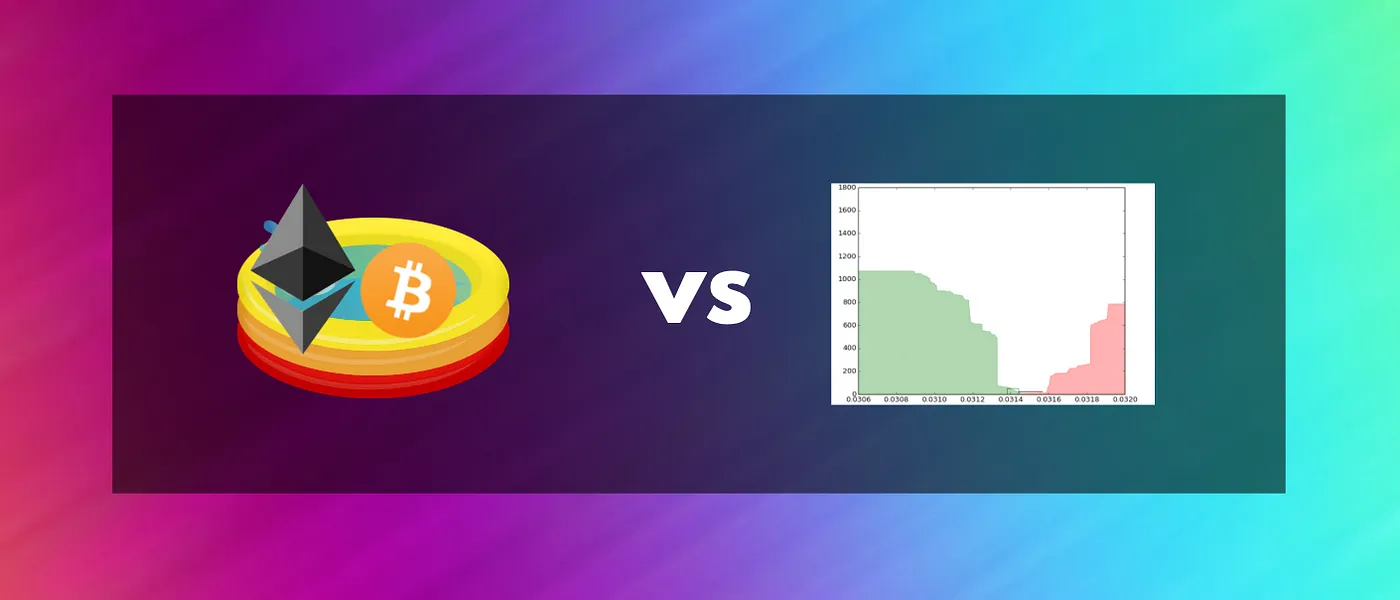Let’s talk about the future of AMMs. 🤖
As you may know, Swaap is all about bringing efficient TradFi features to DeFi in order to smash Impermanent Loss. 👊
TradFi relies on Order Book exchanges to trade assets. This works exceptionally well for high speed and low costs.
More recently, blockchain technology enabled the emergence of Automated Market Makers (AMMs).
What is the difference between those two concepts? How is Swaap merging the best of both worlds for radically better investment and trading experience?

- Order book exchanges: efficient but exclusive
Definition: Imagine you’re the New York Stock Exchange. You see a bunch of people coming in, all asking to buy or sell different assets at the same time.
How do you keep track of it? You use an Order Book (full name: Central Limit Order Book — CLOB). The OB aggregates orders to buy and sell assets in a single database. By looking at that database, traders can see which orders have already been submitted at each price. They can then submit then own order, which is executed as long as there is liquidity at their price.
In order book exchanges, liquidity is supplied by specialized companies called Market Makers. They manage their business with one main tool: spreads. Spreads are the difference between prices for buying an asset and prices for selling an asset. Tighter spreads encourage higher trading activity but lower profits per trade. In periods of high volatility and thus trading activity, Market Makers widen spreads to manage their risks. This is called dynamic pricing.
Key advantages: The CLOB exchange efficiently gathers information from trading orders, exchanges, and the news. Thus prices are always up to date with the best market information: we call it efficient price discovery.
Furthermore, this centralized system features very low latency, which means that the orders are sent and executed very quickly. That’s essential for traders, who sometimes take bets for a very short time. If their order is delayed, market conditions may change, and their winning bet might turn into an awful loss.
Key disadvantages: Commissions on trades can only be earned by Market Makers.T. They pocket spreads on each trade. However, Market Making is very exclusive. Their funds only accept liquidity from very wealthy individuals and funds ready to provide millions, sometimes billions. Thus, most individuals are excluded from Market Making strategies.
Furthermore, it’s hard for a new asset to be listed: the exchange needs to approve it first, then a Market Maker must be paid to provide liquidity. Finally, an order book exchange needs to process many transactions, which makes it difficult to run on-chain.
This is the first piece of a series on AMM vs. Order Book. Check out the next episode, which focuses on AMMs. 👀


